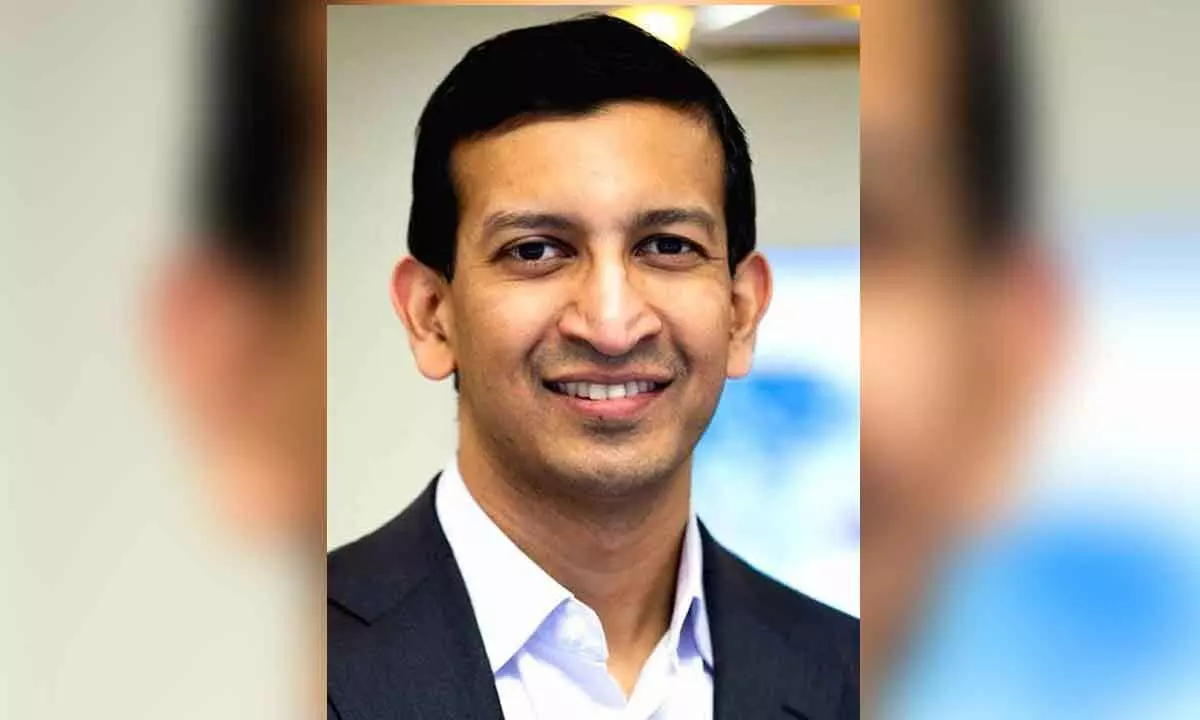Indian-American economist awarded top Harvard University prize

Raj Chetty
New York: Indian-American economist Raj Chetty was awarded Harvard University’s coveted George Ledlie Prize for using big data to uncover myths, barriers to achieving the American Dream.
Chetty is the William A. Ackman Professor of Economics at Harvard University and director of Opportunity Insights -- a group of economists based at Harvard who study inequality.
"Raj’s groundbreaking work on economic mobility and his efforts to share this data with policymakers are making the American Dream more accessible to all,” said University Provost and Chief Academic Officer Alan M. Garber.
Using anonymised tax records, Chetty's Opportunity Insights constructed the Opportunity Atlas -- an interactive tool that maps out economic outcomes for children across the US to highlight which neighbourhoods seem to offer the best chance to rise from poverty.
Chetty said he became interested in this work because of his own background, coming to the US from India with his parents when he was nine-years-old. He said he saw the disparities not only between New Delhi and the US, but also between himself and his cousins.
“My parents, who grew up in very low-income families and villages in South India … the opportunities they had were greatly shaped by the fact that they happened to be the ones who were picked to get a higher education in their families,” Chetty said in a Harvard University statement.
He added that it was common at that time in developing countries that a family would pick only one child to get advanced education because they couldn’t afford to educate all the kids.
“And it so happened to be that my mom was the one chosen in her family, and my dad was the one chosen in his family,” he said.
“And I could kind of see how that’s played out through the generations in my own family, through the opportunities my cousins have had versus what I’ve had … ending up here at Harvard and the various opportunities I’ve had, I felt have stemmed from that.”
The work of Opportunity Insights is focused on helping policymakers and economists understand the real-life factors behind economic mobility and pave the way for new approaches to make the American Dream available to all.
His work applies a big-data approach to the science of economic opportunity -- providing granular insights in much the same way that a microscope does for the biological sciences.
Chetty said one of the most impactful outcomes they’ve been able to observe is the role geography plays in children’s outcomes.
“There are some places in America where kids with the exact same background have much better chances of rising up,” he said.
“There are other places where they look much worse. So that was interesting in and of its own right, because it teaches you something about the origins of economic opportunity, that it really matters where you grow up. It’s about your community, schools, and neighbourhood.
“It speaks to the old debates about nature versus nurture and shows that nurture matters quite a bit, but environment matters quite a bit above and beyond genetics and things like that,” he added.
Chetty’s earlier work focused on the fading American Dream, neighbourhood variation, and the role of childhood environment as a key driver of economic mobility.
He has since gone on to explore other factors, including the role of racial disparities and social capital and connections.
The George Ledlie Prize is bestowed no more frequently than every two years to a member of the Harvard community who has, “since the last awarding of said prize, by research, discovery, or otherwise, made the most valuable contribution to science, or in any way for the benefit of mankind”.
It was last given out in 2021 to Dan Barouch of Harvard Medical School for his work developing a vaccine for Covid-19.















